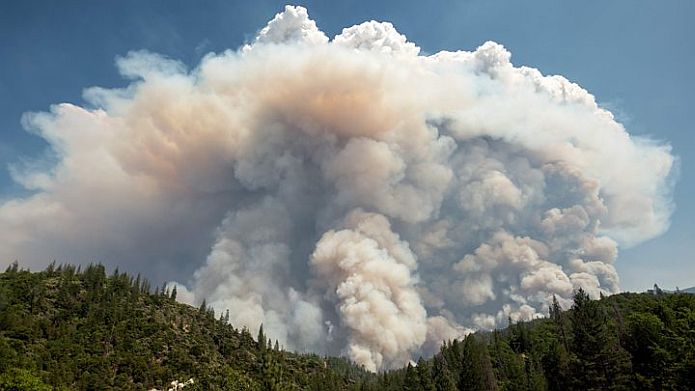|
Having evacuated from my home ahead of a rapidly approaching wildfire, I lived for a week not knowing if I'd have a house (and possessions) when I got back. When I returned, they were all intact (it's an anticipation no one should have to live through). That said, my particular encounter was passé compared to friends of mine who lost four buildings (their home, another house, an office, and another building) in a wildfire. On an inconvenience scale of 1-10, that must surely rank a 14. What they did next is inspiring.
They made an inventory of everything they had to do to get their (new) situation managed. Then they simply went through that list, and handled every item on it (they didn't waste time either). Both of them lead full lives bearing enormous responsibilities. What's extraordinary was if you were one of the many people dependent on them delivering their responsibilities, you wouldn't have noticed anything mishandled or handled differently or delivered late. Unless you knew or asked, you wouldn't have known about the huge additional load they were also bearing in the wake of the wildfire. I offered my assistance. I wanted to assist them. I would have allocated many days to them to help out. Let's face it: they must have had an enormous amount of suddenly additional work to do. They appreciated my offer. I could tell it moved them. Then they graciously declined it. They did it all by themselves, barely raising a sweat, not getting behind on any of their other responsibilities either. Oh, and they didn't complain. Not once. Not one peep.
 Carr
"
Carr
"